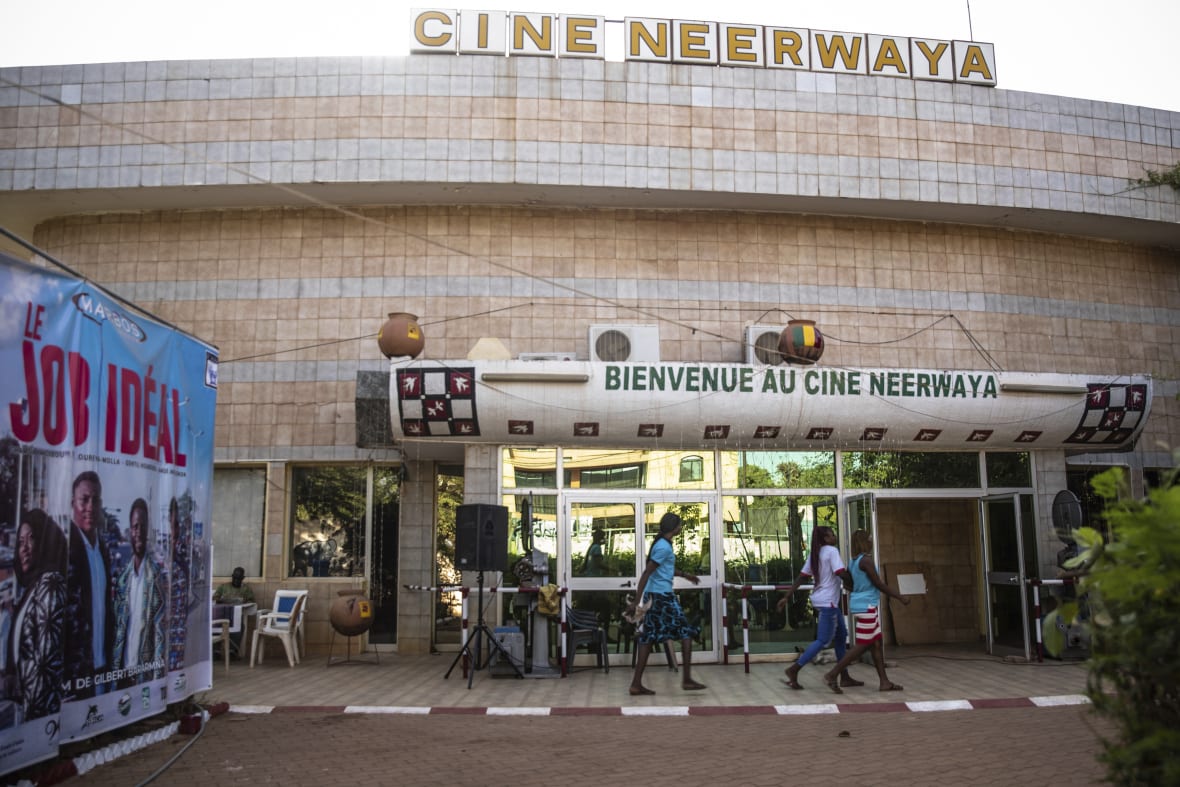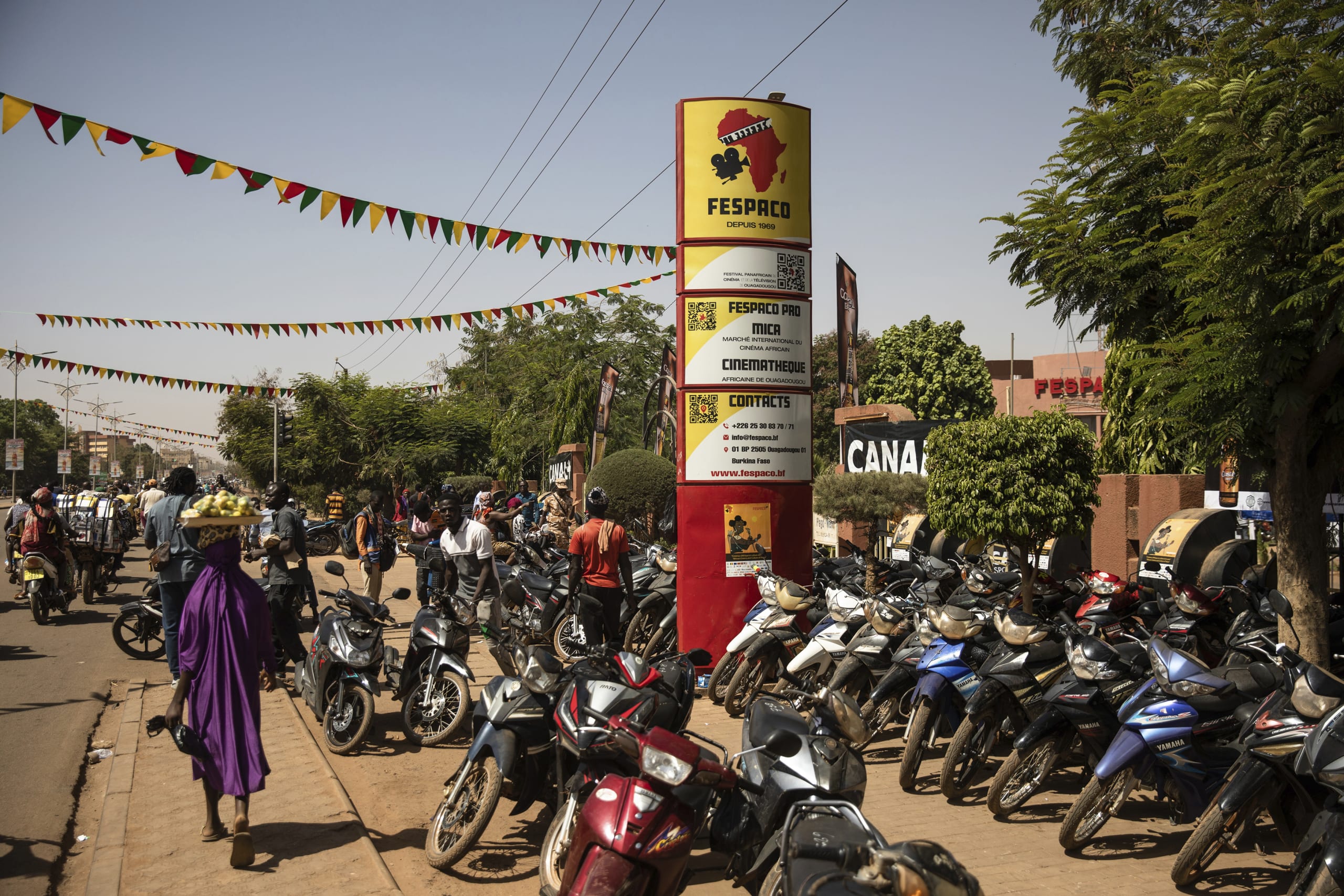Most film festivals can be counted on to provide entertainment, laced with some introspection.
The weeklong FESPACO that opens Saturday in violence-torn Burkina Faso’s capital goes beyond that to also offer hope, and a symbol of endurance: In years of political strife and Islamic extremist attacks, which killed thousands and displaced nearly 2 million in the West African country, it’s never been canceled.
“We only have FESPACO left to prevent us from thinking about what’s going on,” said Maimouna Ndiaye, a Burkinabe actress who has four submissions in this year’s competition. “This is the event that must not be canceled no matter the situation.”
Since the last edition of the biennial festival in Ouagadougou, the country’s troubles have increased. Successive governments’ failures to stop the extremist violence triggered two military coups last year, with each junta leader promising security — but delivering few results.
At least 70 soldiers were killed in two attacks earlier this month in Burkina Faso’s Sahel region. The fighting also has sowed discord among a once-peaceful population, pitting communities and ethnicities against each other.

Nevertheless, more than 15,000 people, including cinema celebrities from Nigeria, Senegal and Ivory Coast are expected in Ouagadougou for FESPACO, Africa’s biggest film festival that was launched in 1969.
Some 1,300 films were submitted for consideration and 100 have been selected to compete from 35 African countries and the diaspora, including movies from Dominican Republic and Haiti. Nearly half of those in the fiction competition this year are directed by women.
Among them is Burkinabe director and producer Apolline Traore, whose film “Sira” — considered a front-runner in this year’s competition — is emblematic of many Burkinabes’ suffering. It tells the tale of a woman’s struggle for survival after being…
Read the full article here



